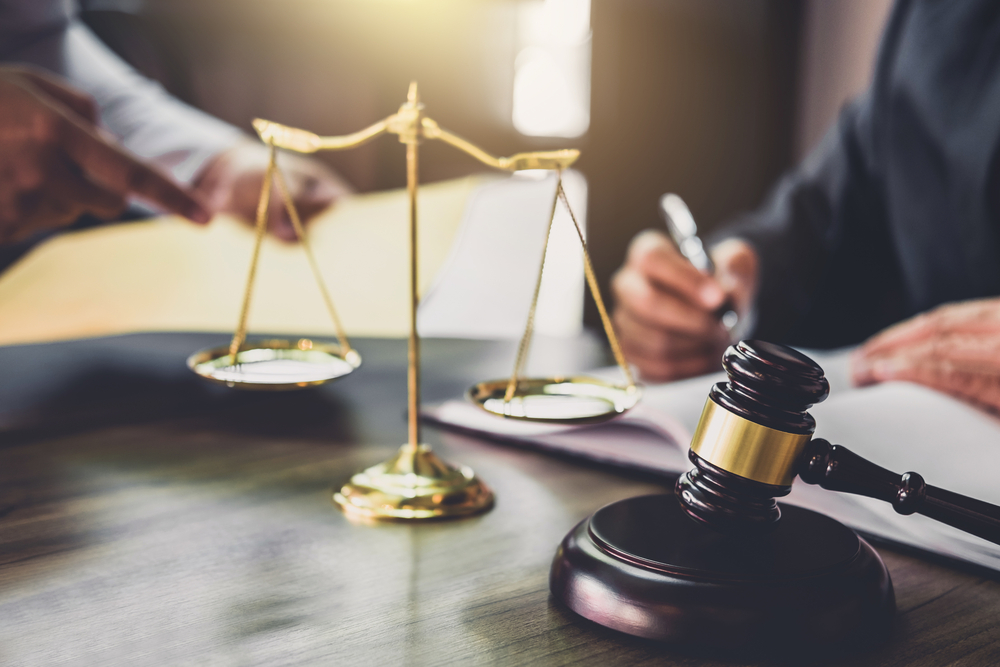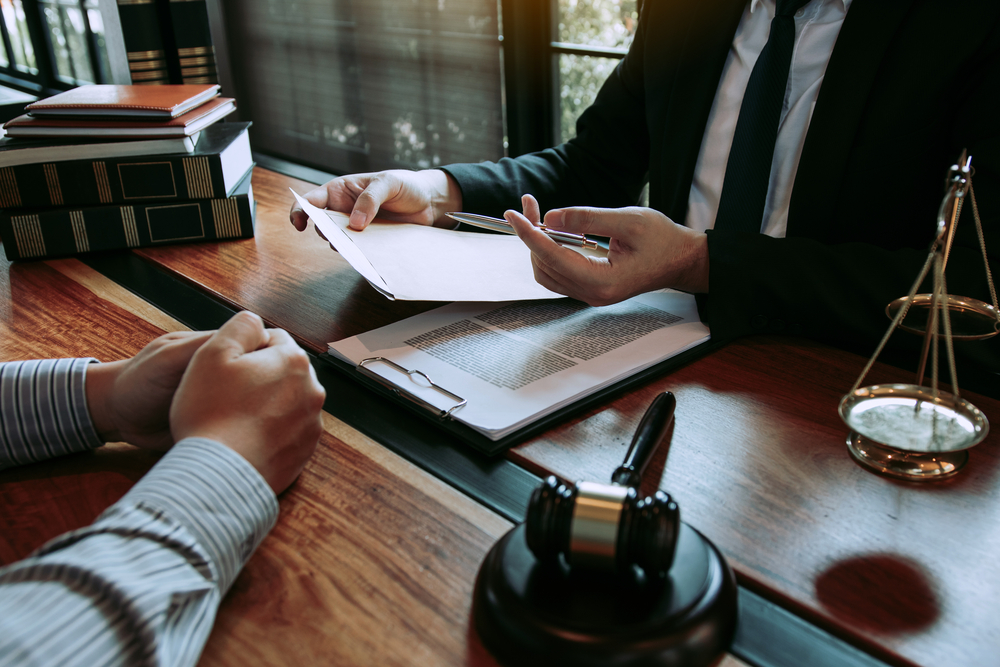There exists a shadow in many relationships, one that people call “domestic violence” or “abuse.” In New Jersey, there is an expansive definition of domestic violence, one that has recently been revised to include something known as “coercive control,” an insidious form of psychological abuse that can inflict intense trauma on victims and survivors. Once you liberate yourself from coercive control, the next step is healing, which can be a long and grueling process. To help you get started, let us look at the importance of self-care, as well as some things you can do for yourself (or a survivor of abuse that you know).
Key Takeaways:
- Coercive control is a form of psychological and emotional abuse that strips the victim of his or her independence and sense of self, leading to feelings of hopelessness and low self-esteem.
- Self-care is crucial for survivors of coercive control to rebuild their sense of identity, manage stress, and address the deep emotional scars left by the abuse.
- Relying on professional help, such as therapists and support groups, can be transformative for survivors, offering guidance and the opportunity to heal with others who have shared similar experiences.
- Implementing self-care strategies like physical activity, engaging in hobbies, and investing in education can significantly aid in the recovery process, helping survivors regain confidence and independence.
Understanding Coercive Control
Coercive control is a form of psychological and emotional abuse that aims to strip the victim of independence and sense of self. Abusers who use coercive control often utilize a variety of tactics, including isolation, manipulation, gaslighting, surveillance, humiliation, and intimidation to chip away at the victim’s autonomy. Ultimately, coercive control is an unhealthy power imbalance where one partner has all the power and the other is completely dependent on him or her.
Within victims, there may be feelings of hopelessness, confusion, and low self-esteem. It is also common for victims to feel trapped and have no way out.
If you or someone you know is dealing with coercive control, know that healing is possible. Seek support, prioritize your well-being, and remember—you are not alone. Call Ziegler Law Group LLC at (973) 738-9877 for compassionate legal guidance.
Why is Self-Care Important After Coercive Control?
Self-care is everything to someone who is recovering after experiencing coercive control. Your self-esteem and sense of identity has been stripped away slowly, and that takes time to recover. You will need to practice self-care as a way to rebuild that sense of self. Be sure to treat yourself with love and respect and understand that life will move on and get better.
For victims with deep emotional scars, self-care is pivotal in helping you manage stress and any negative emotions that may arise. This is especially true if you have developed symptoms of post-traumatic stress disorder (PTSD). Furthermore, the aftermath of coercive control can be exhausting, both physically and mentally. Regular self-care practices ensure that survivors don’t become overwhelmed, helping them build resilience for the challenges ahead.

The Recovery Toolkit After Surviving Coercive Control
Now that you know why self-care is so important, let us look at some things you can do to focus on yourself and recover.
Professional Help and Support Groups
Once freed from coercive control, it is important to maintain your support circles and to rely on professional advocates. There are therapists who specialize in domestic violence trauma, as well as life coaches who can help you rebuild your life and make plans for the future. A legal representative can help you not only with getting out of a terrible situation but also walk you through any potential court cases or divorce proceedings.
In some cases, you can cover the cost of some therapy and other professional visits with health insurance, particularly if you are experiencing issues with mental health.
Also, take advantage of support groups for individuals who have been through similar experiences. Whether you go in person or attend online, there is something special about being seen and heard by others who understand. Mutual support and healing together can be truly transformative and also help you build relationships.
Develop Strategies
Survivors of any kind of traumatic experience often try to jump right back into their lives and neglect their needs. It is of great importance to focus on you. The physical, emotional, and psychological toll on your well-being needs to be addressed so you can reenter society as the best, most confident version of yourself.
Self-care strategies are integral to your life, and they can be simple or a little more complex. Some strategies may include doing activities like yoga in the morning before work. However, the one thing these strategies should have in common is the deep sense of peace and relaxation that you receive from using them.
Invest in Education
By investing in education, you are investing in your future self and also empowering who you are right now. That is key as a survivor of abuse. Coercive control has a way of limiting your abilities. By doing a certification course in something you love or investing in a new skill when aiming to reenter the workforce, you not only pave the way towards a better future, but you give yourself goals.
Get Physically Active
Physical activity is one of the best things you can do for your physical and mental well-being. Exercise can combat depression and help relieve stress. Choose activities that you enjoy, whether that is dancing, hiking, swimming, or taking Zumba classes. You can also feel a sense of community when going to the gym and may even make new friends along the way.
Do not forget to also nourish yourself after exercise. Long periods of stress and abuse can cause damage to the body in unseen ways. Getting some exercise and eating healthy meals will boost your health and give you move energy to move forward.
Explore New Hobbies
Hobbies, especially the chance to explore a variety of them, are not only a wonderful distraction but a way to come back to yourself. Survivors of abuse who find creative outlets not only gain valuable skills that allow them to communicate their pain but also gain a cathartic release. Hobbies that include music, writing, art, and dance provide survivors with a way to articulate feelings and emotions, even without vocalizing them. Moreover, creating fosters a sense of triumph and boosts self-worth.

Resource Box
-
National Domestic Violence Hotline:
-
Phone: 1-800-799-SAFE (7233)
-
Chat: Online Chat
-
Text: “START” to 88788
-
-
Local Support Groups or Shelters in New Jersey:
-
To find local resources, you can visit:
-
For immediate help, consider contacting:
-
New Jersey Coalition to End Domestic Violence
-
Phone: 609-584-8107
-
Website: NJCEADV
-
-
Additional resources include:
-
Jersey Battered Women’s Services (JBWS)
-
Phone: 973-267-4763
-
Services: Emergency shelter, counseling, legal advocacy
- Website: https://jbws.org/
-
-
Women Aware
-
Phone: 732-249-4900
-
Services: Domestic violence services, shelter, legal advocacy
- Website: https://womenaware.net/
-
-
-
-
-
Legal Aid – Ziegler Law Group, LLC:
-
Specialty: Domestic Violence, Family Law, Divorce
-
Phone: 973-533-1100
-
Location: New Jersey, USA
-
Website: https://zieglerlawgroupllc.com/
-
Download –
- Overcoming Domestic Violence in NJ
- The Impact of Domestic Violence on Children
- Your Guide to Safety and Legal Protection: Domestic Violence Legal Services
Contact a NJ Domestic Violence or Family Law Attorney Today
Rebuilding your life after experiencing coercive control is a journey that requires patience, resilience, and a strong commitment to self-care. By prioritizing your well-being and engaging in activities that nurture your mind, body, and spirit, you can reclaim your sense of identity and independence. Remember, healing is not linear, but every step you take toward self-care is a step toward a healthier, happier future.
If you or someone you know is recovering from coercive control, legal guidance can be an essential part of the healing process. At Ziegler Law Group, LLC, our experienced attorneys are here to support you through this challenging time. Contact us today at 973-533-1100 for a confidential consultation and take the first step toward reclaiming your life.
Frequently Asked Questions
- What is coercive control?
A pattern of controlling behavior used to dominate a partner emotionally and psychologically. - Is coercive control illegal in New Jersey?
Yes, it is now recognized under NJ’s domestic violence laws. - Can I get a restraining order for coercive control?
Yes, legal protections may be available. Consult a family law attorney for guidance. - What kind of support should I seek after coercive control?
Therapy, support groups, and legal advice can all help during your recovery. - How can Ziegler Law Group help?
We provide legal representation and compassionate support tailored to survivors’ needs.
Reviewed and Approved by: Vikki S. Ziegler, Esq.
Vikki S. Ziegler is a nationally recognized divorce attorney, mediator, and founder of Ziegler Law Group LLC. Her insights and oversight ensure the legal accuracy and compassion of this content. For personalized advice, please contact us directly at (973) 738-9877.
Disclaimer: This blog is intended for general informational purposes only. It is not a substitute for legal advice, nor does it create an attorney-client relationship. Attorneys should not interpret this content as legal guidance for specific cases. Please contact Ziegler Law Group LLC for a personalized consultation.








